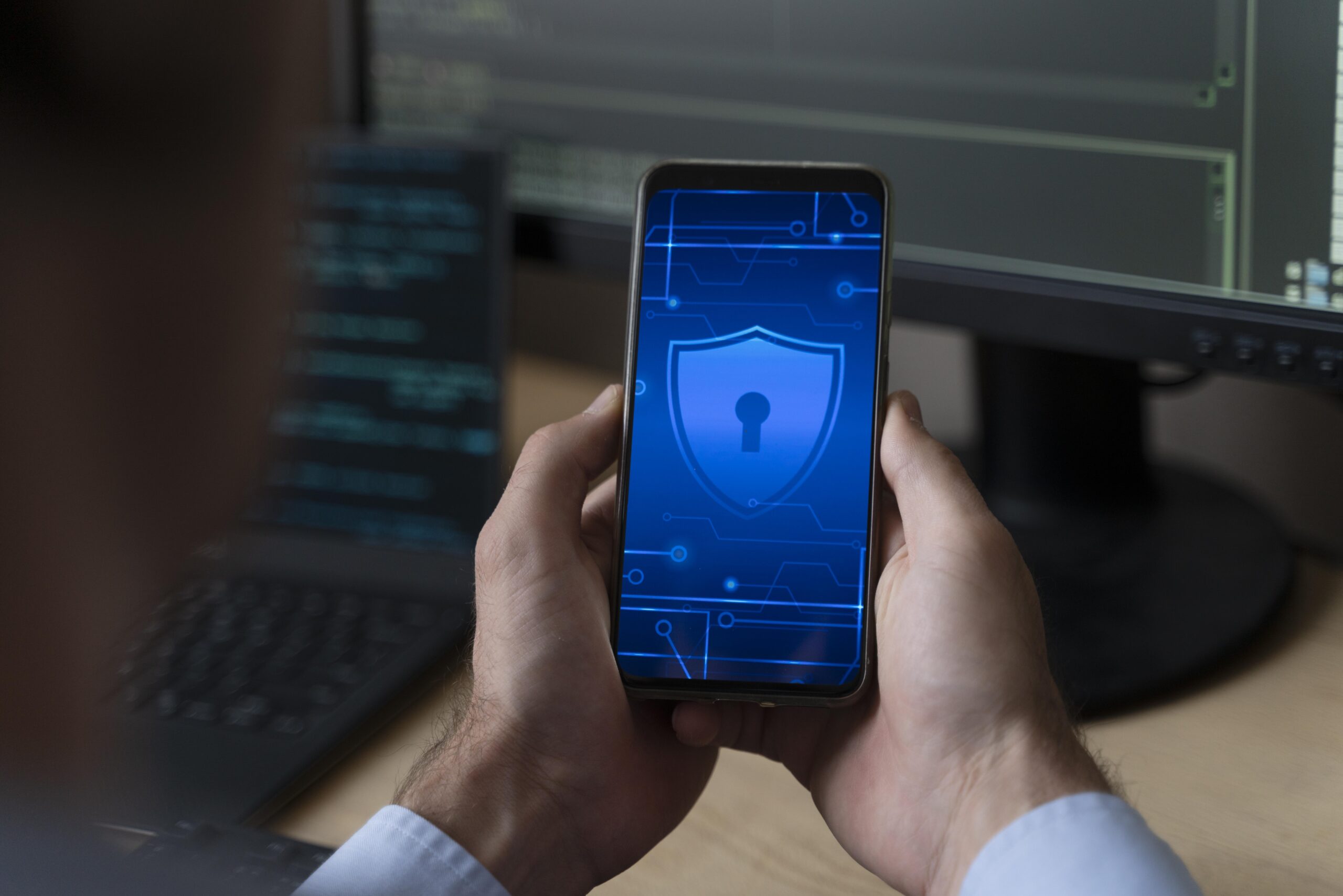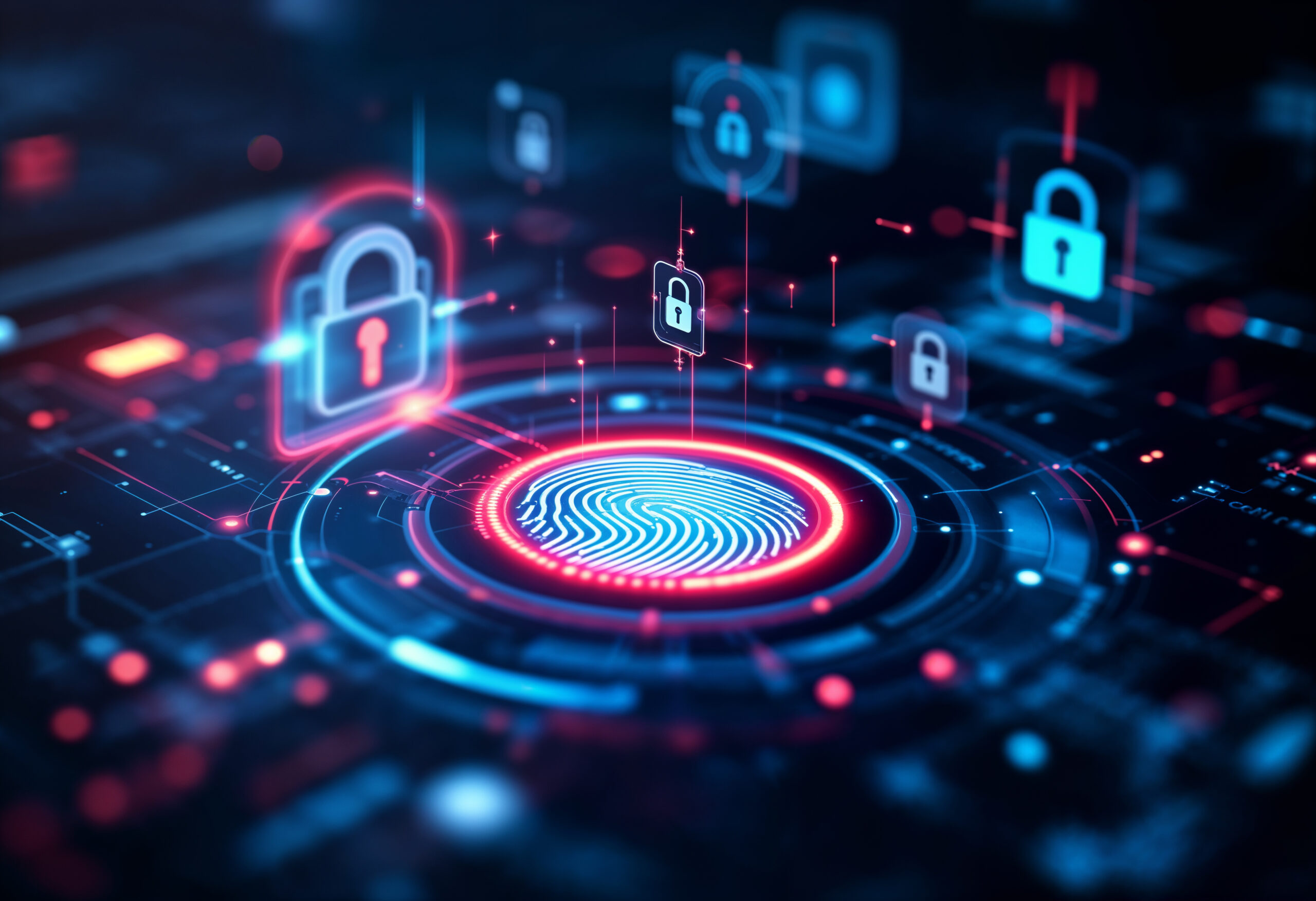Currently Empty: 0,00 €

ISO/IEC 42001: A Governance Framework for Responsible Artificial Intelligence
As artificial intelligence (AI) continues to evolve and integrate into every facet of modern life, the demand for ethical, transparent, and accountable AI governance grows ever more critical. The emergence of ISO/IEC 42001 marks a significant step toward establishing a structured and internationally recognized framework for managing AI responsibly.
What is ISO/IEC 42001?
ISO/IEC 42001 is the world’s first AI-specific management system standard. It provides a comprehensive set of requirements and guidelines for organizations to design, implement, maintain, and continuously improve an Artificial Intelligence Management System (AIMS). The goal is to ensure that AI technologies are deployed in alignment with core values such as fairness, transparency, accountability, privacy, and human-centricity.
This standard is applicable across industries and organizational sizes, enabling both public and private entities to manage the opportunities and risks associated with AI in a systematic, scalable, and repeatable way.
Why Is AI Management Important?
Artificial intelligence is no longer a futuristic concept — it is already influencing industries such as healthcare, finance, manufacturing, logistics, education, and government. However, as AI systems gain autonomy and decision-making capabilities, organizations face growing challenges in:
-
Ensuring the trustworthiness and explainability of AI outputs
-
Aligning AI strategies with organizational goals and ethical standards
-
Identifying and mitigating risks, including bias, misuse, and regulatory non-compliance
-
Managing cross-functional collaboration between data scientists, engineers, ethicists, and business leaders
An effective AIMS helps address these concerns by embedding governance principles directly into AI lifecycle processes — from data acquisition and model training to deployment, monitoring, and retirement.
Core Elements of ISO/IEC 42001
The ISO/IEC 42001 standard follows a Plan-Do-Check-Act (PDCA) structure, similar to other ISO management system standards. Key components include:
-
Leadership & Commitment
Ensuring top-level support for AI governance, clear policies, and defined roles and responsibilities. -
Planning
Establishing objectives, identifying risks and opportunities, and aligning AI with legal and ethical requirements. -
Operational Controls
Governing data management, algorithmic transparency, human oversight, and performance monitoring. -
Evaluation & Improvement
Measuring AI system outcomes, auditing governance practices, and fostering continuous improvement. -
Stakeholder Engagement
Including diverse perspectives and ensuring inclusive design and deployment of AI solutions.
How ISO/IEC 42001 Supports Organizational Goals
Implementing ISO/IEC 42001 enables organizations to:
-
Demonstrate regulatory readiness in response to upcoming AI laws and frameworks (such as the EU AI Act)
-
Reduce reputational and operational risks related to AI failures or ethical lapses
-
Strengthen internal alignment across departments working with or impacted by AI systems
-
Build stakeholder trust by showing a commitment to responsible innovation
-
Create a sustainable foundation for AI adoption and long-term competitiveness
Conclusion
The future of artificial intelligence lies not only in its technical capabilities but also in how it is governed. ISO/IEC 42001 provides a forward-looking and adaptable framework that helps organizations use AI responsibly, ethically, and strategically.
Ready to take the first step toward responsible AI management?
Learn how ISO/IEC 42001 can help you build trust, reduce risk, and unlock the full potential of artificial intelligence in your organization.
👉 View the ISO/IEC 42001 course and register



